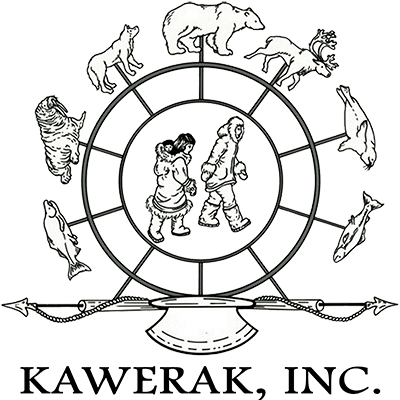A complete application consists of the submission of our online form with all supplemental files (responses to all essay questions, a copy of your transcripts, class registration) uploaded directly to the form or emailed to . See below for details.
Eligibility
You are eligible to apply to the Caleb Scholars Program if you meet the following requirements:
- Alaskan Inuit heritage from the CSP service area (i.e., enrolled as a tribal member, or a direct descendant, of a tribe from the Norton Sound region, Northwest Arctic region, or Arctic Slope region)
- Currently enrolled at an accredited university or college
- minimum cumulative and current GPA of at least 2.5 for undergrad students and 3.0 for grad students
- Part time and full time students are welcome to apply
Checklist
Please submit your completed online form when prompted. If you are choosing to email the supplemental files, be sure to send them to the Caleb Scholars Program Director at if they have not been uploaded directly to the form by the deadline.
- Completed New Application online form
- Responses to all Short Answer and Essay questions (see prompts below)
- A copy of current unofficial transcripts from all universities attended
- Class registration for the upcoming semester showing full-time status
- One letter of recommendation that specifically addresses your “fit” for the Caleb Scholars Program (View our Letter of Recommendation packet here). Note if you have a letter of recommendation for this program that was written within the last 3 years you may use the same one.
Essay Prompts
View our Essay examples here. Please answer all questions below.
Short Answer Questions (up to 100 words):
- Are you tribally enrolled or a direct descendant of a tribal member from the Caleb Scholars Program service area (Norton Sound, NW Arctic, or Arctic Slope regions of Alaska)? Please specify tribe and enrollment status.
- What is your connection to an Alaskan Arctic Inuit community in the Caleb Scholars Program service area?
Essay Question (100 – 300 words):
- What does Inuit-led conservation advocacy mean to you, and how will your education help to support it?
